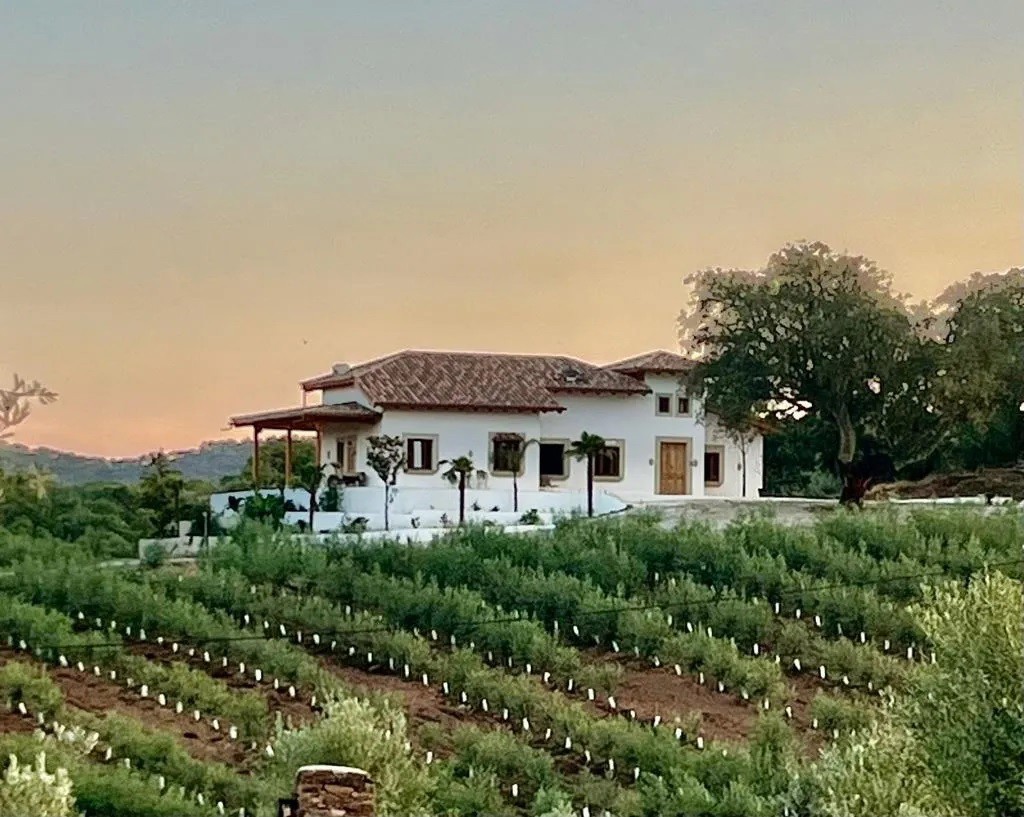
Rural houses already registered on regional tourism registries are exempt from the new Single Register of Short-Term Rentals starting 1 July.
This was confirmed by the Spanish Rural Tourism Association (Asetur) after meetings with the Ministry of Housing and Urban Agenda.
Properly regulated rural accommodations are not classified as holiday homes or occasional rentals and do not need to register under the new national procedure.
According to Asetur, these establishments only need to display their regional registration number on the platforms where they're listed, with no requirement for duplicate registration at the national level.
The employers' association has welcomed this exemption, saying it has brought "calm" and "satisfaction" among rural accommodation owners across Spain. The sector had consistently opposed being forced to re-register despite already being regulated and audited by regional authorities.
Country houses should not be confused with holiday homes
According to Juan Carlos Tébar, vice president of Asetur, rural houses should not be confused with holiday homes, as “they form part of a professionalised tourism model that makes a significant contribution to the rural environment, territorial cohesion and the local economy.”
Royal Decree 1312/2024, which establishes the digital one-stop shop for rentals, sets out how property owners can obtain their rental registration number. From 1 July, this number will be required to list short-term rentals, whether for tourism or other purposes, on digital platforms.